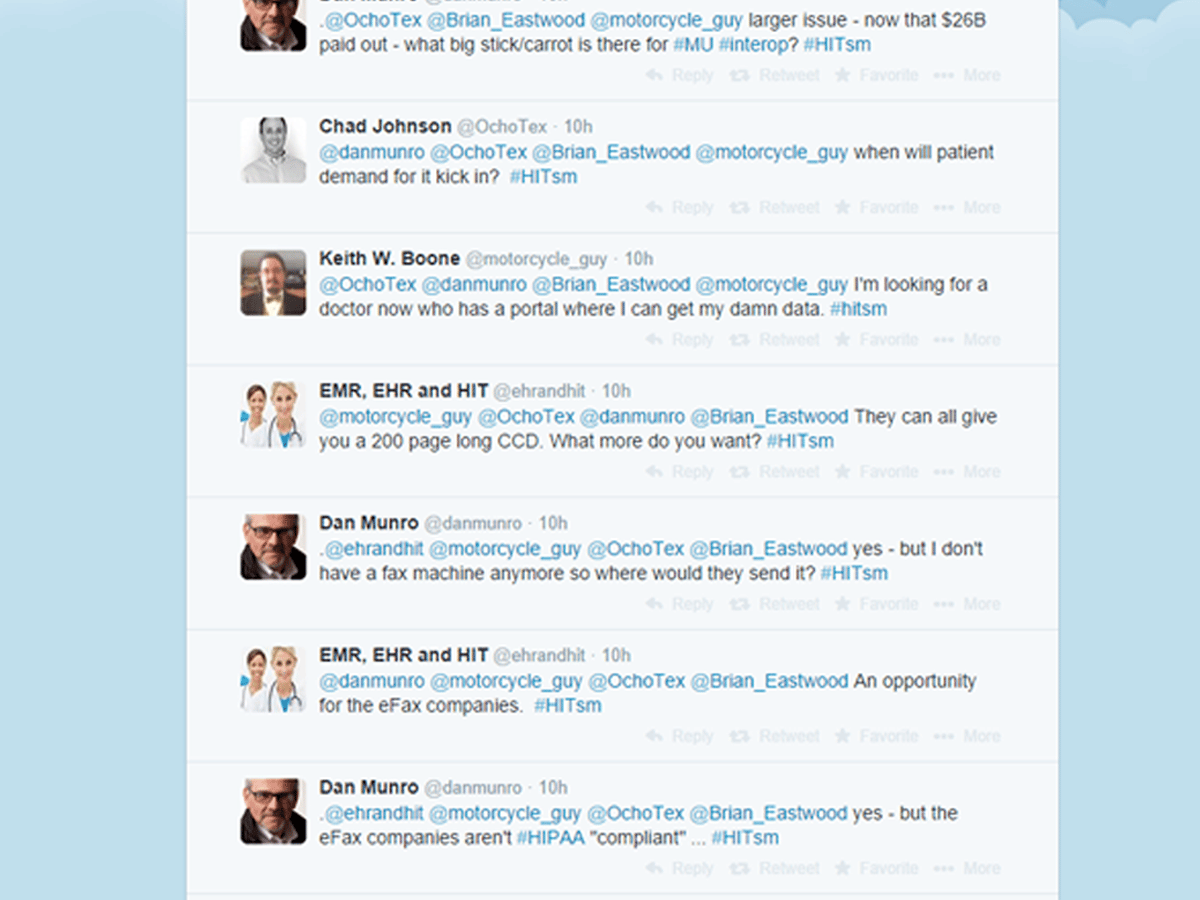
Technology is all around us and helping to make work and life more efficient. Remember fax machines? Most modern offices don't, but they're still a highly necessary and required piece of equipment for many healthcare practices who have not taken advantage of what technology has to offer. Reasons range from costs, compliance fears, and plain-old fashioned "we've always done it this way" mentality. But as technology advances, these barriers to entry are being torn down. Practices can now take advantage of many healthtech developments at very reasonable costs with great vendors who make the transition easy. Lowering long-term costs, becoming more efficient, and increasing the quality of care doesn't have to be a pipe dream.
Here are three key ways you can utilize technology in your practice right away.
1. Electronic Health Records (EHR)
This is the most costly and toughest piece of tech to implement. Yet to many, it seems like a foregone conclusion that all practices have converted or will be converting to EHR. However, there are still some EHR holdouts. In a 2013 study, of the 20% primary care physicians who said they did not have EHR, half said they had no intention of converting to them. A WebMD study further illustrated the divide when 91% of doctors were concerned about giving patients access to their medical records, while only 35% of patients felt the same. Bottom line - patients want access to their medical records and EHR is an important first step to addressing that need. There are a lot of great resources to help guide you on the process, beginning with an assessment to see if your practice is ready to implement EHR.
2. Cloud Computing
Cloud computing has grown tremendously in the past few years, and for good reason. It offers lower costs than hosting and maintaining servers on site, along with better security and backup with servers spread throughout the country and nothing physical to break in to. It also offers more flexibility in working with shared documents and can streamline workflow. It can also be HIPAA compliant, as many healthcare organizations are finding out. There are a growing number of secure cloud computing and file sharing services that are filling the need for industries needing compliance, and like Paubox, they are also offering Business Associate Agreements.
3. Encrypted Email
Maybe the most basic of all types of electronic communication, email is a staple in many people's lives. Yet, most healthcare practices are very wary of sending any information in email because they cannot guarantee encryption. This concern is universal, as even Indiana University has policies to prevent sending of confidential information via email. However, guaranteeing encryption is a very easy and cost effective solution to sharing information with your patients. Some email encryption services use logins and encryption keys prior to sending or receiving email. Paubox offers similar level of protection, but with a seamless encryption of any email sent out with no additional steps. Conclusion Regardless of what technology you utilize, it is important to consider both online and offline safeguards to protecting your clients data. A HIPAA violation can occur just as easily with a misplaced paper file as a security breach to an online server. Proper staff training and procedures are the best ways to ensure compliance.
Subscribe to Paubox Weekly
Every Friday we bring you the most important news from Paubox. Our aim is to make you smarter, faster.




